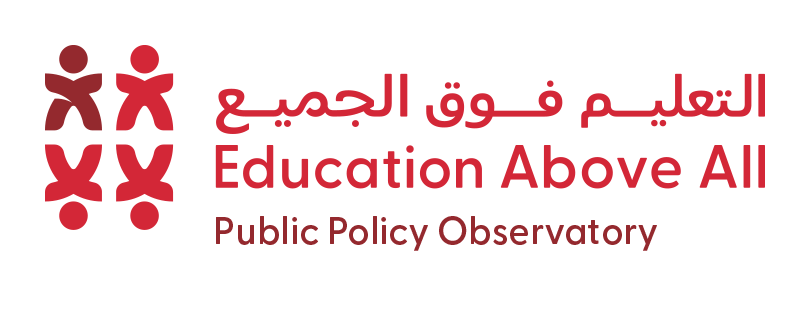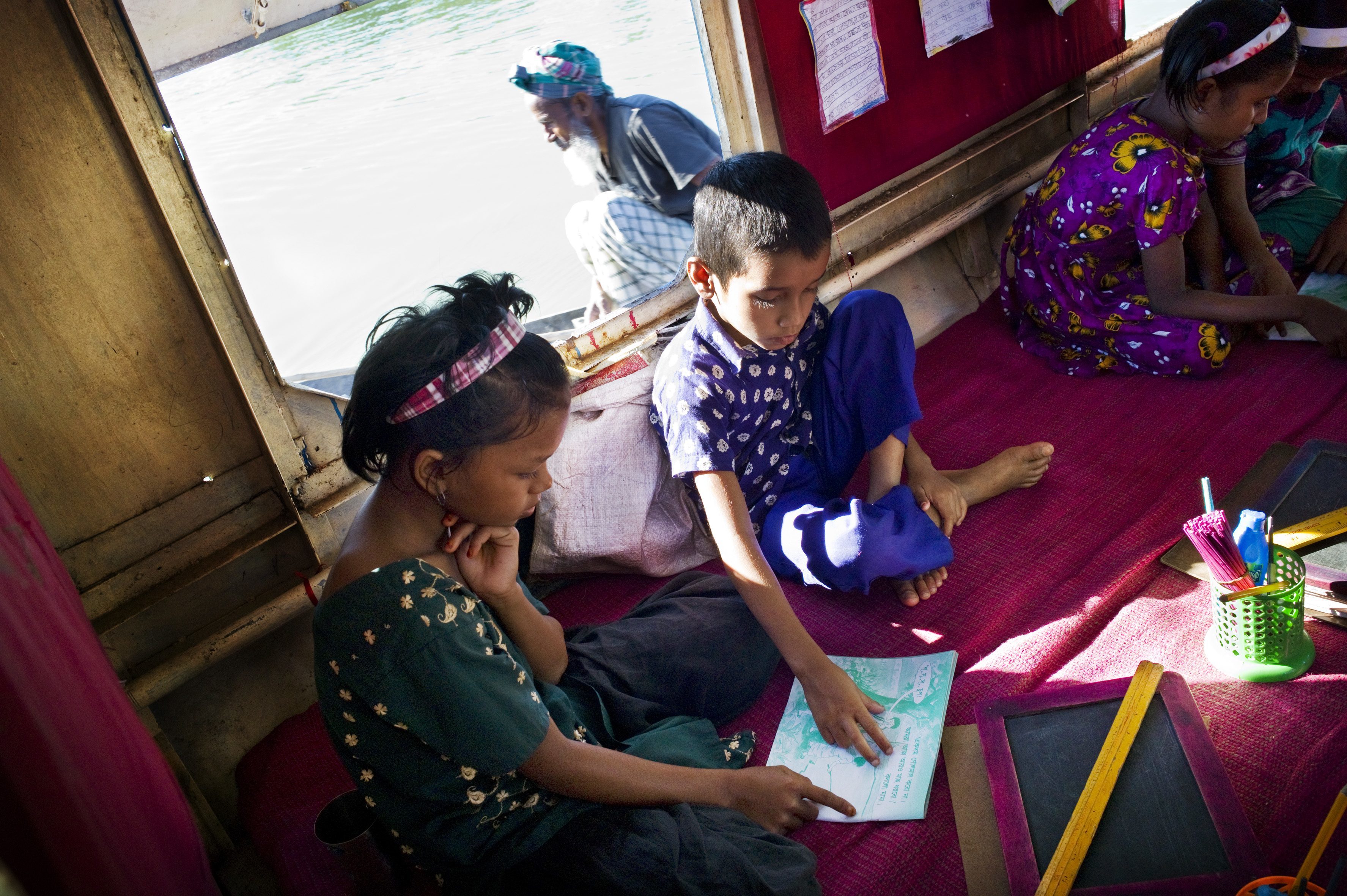Context
Young people with special educational needs and disabilities (SEND) face significant barriers to independent mobility, which can limit their access to education, employment, and social opportunities. In the county of Surrey, many young people eligible for SEND transport rely on specialized transportation services, which, while essential, can create long-term dependence and reduce opportunities for personal growth and self-reliance. Without intervention, these young individuals may continue to face challenges in gaining essential life skills that promote independence. The Travel Training project aims to bridge this gap by equipping young people with SEND with the necessary skills and confidence to travel independently, thereby enhancing their autonomy, improving their access to education, and fostering social inclusion.
Solution
The Travel Training project is a six-year initiative designed to support up to 250 young people aged 11 to 24 with SEND in Surrey. The project provides personalized travel training that helps participants learn how to navigate their daily travel routes independently, such as commuting between home and their place of learning. This involves practical, hands-on support, where young people receive tailored guidance on using public transportation safely, understanding routes, handling emergencies, and building the confidence needed to travel independently.
Participants are selected based on their current reliance on Surrey SEND transport services and eligibility under their Special Educational Needs statements or Education, Health, and Care Plans (EHCP). The training is delivered in stages, with progress regularly assessed to ensure readiness for independent travel. Upon successful completion, young people are signed off as capable of traveling independently, with further assessments conducted at three and six months post-training to track sustained independent travel. This structured approach ensures that young people not only gain initial skills but also maintain their independence over time.
Impact
The Travel Training project is expected to generate significant positive outcomes by promoting the independence and confidence of young people with SEND. Successfully transitioning participants from reliance on specialized transport to independent travel enhances their personal autonomy, broadens their access to educational and social opportunities, and prepares them for future employment. By supporting up to 250 young people over six years, the project fosters long-term life skills that contribute to improved quality of life and greater social inclusion.
Outcome metrics will measure the success of the intervention through four key indicators: the number of participants who complete the training and are signed off as independent travelers, the percentage of participants who sustain independent travel at three and six months post-completion, and the efficiency of service delivery based on engagement per referral. Beyond these measurable outcomes, the project reduces long-term reliance on specialized transport services, potentially decreasing public expenditure on SEND transportation. Ultimately, the project empowers young people with SEND to lead more independent lives and creates a replicable model for other regions seeking to improve mobility and inclusion for this vulnerable population.













